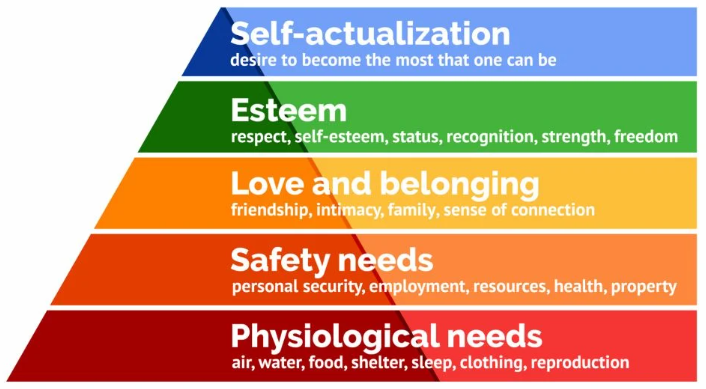Let’s Start Talking About Us…
The topic of “healthcare” popped up again in my local paper (full disclosure: I still read a local, daily print paper). The piece was a discussion about healthcare costs (US vs other countries) and life expectancies. (The US does not fare well in either category.)
Yet, we all need to keep in mind that health care itself is only 20% of the equation for life expectancy – and its quality. 80% of the state of our health is shaped by “social determinants of health”:
They are the conditions in which people are born, grow, work, live, and age, and the wider set of forces and systems shaping the conditions of daily life. These forces and systems include economic policies and systems, development agendas, social norms, social policies and political systems. (World Health Organization)
For example, where we live plays an important role. Is our home safe (eg, from mold, from abuse), is our neighborhood safe (from violence, from crime, from toxic air or water, from dangerous traffic). Is the air clean, and is water drinkable? Sometimes we hear that our overall health “is determined by our zip code.”
Even if we do live in a “good” zip code, what can we do to make our lives – and those of our fellow community members – even better?
Maslov’s Hierarchy of Needs could be a good, broad guideline: at its foundation, we need air, water, shelter, food – and places to toilet and bathe. Does everyone in your community have these essentials?
Once those basic needs are met, the next level addresses safety, including health and personal security. (Further, as pointed out in Wikipedia, emotional and financial security are essential, too, and fall under this level.). Is everyone in your community safe? Can you walk or bike safely to where you need to go, or is traffic an issue? Are guns or drugs a concern? Regarding health, does everyone have access to health care when sick? Or healthy food? Or a place to wash clothes? Are there nature trails or rivers or ponds to visit? Are there places to be with other people?
While these may be obvious, another emerging realization is that isolation is a huge contributor to poor health outcomes. People who are lonely and socially isolated – for whatever reason – have greater chances of developing heart issues, cognitive decline and other even life-threatening health challenges. Some say it’s like smoking a couple of packs of cigarettes a day. For many older adults in your community, this is a reality, especially those with no friends or family nearby.
We need to stop the “us” vs “them” mentality, and start talking about “us.” What can you and we do to ensure all of us in our zip codes can live longer, healthier lives?

